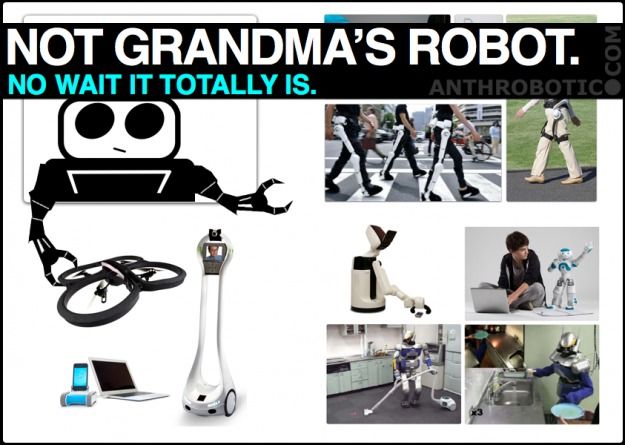Jul 3, 2013
Human Destiny is to Eliminate Death — Essays, Rants & Arguments on Immortalism (Edited Volume)
Posted by Franco Cortese in categories: biological, biotech/medical, education, ethics, fun, futurism, human trajectories, life extension, media & arts, neuroscience, philosophy, policy, rants
 Immortal Life has complied an edited volume of essays, arguments, and debates about Immortalism titled Human Destiny is to Eliminate Death from many esteemed ImmortalLife.info Authors (a good number of whom are also Lifeboat Foundation Advisory Board members as well), such as Martine Rothblatt (Ph.D, MBA, J.D.), Marios Kyriazis (MD, MS.c, MI.Biol, C.Biol.), Maria Konovalenko (M.Sc.), Mike Perry (Ph.D), Dick Pelletier, Khannea Suntzu, David Kekich (Founder & CEO of MaxLife Foundation), Hank Pellissier (Founder of Immortal Life), Eric Schulke & Franco Cortese (the previous Managing Directors of Immortal Life), Gennady Stolyarov II, Jason Xu (Director of Longevity Party China and Longevity Party Taiwan), Teresa Belcher, Joern Pallensen and more. The anthology was edited by Immortal Life Founder & Senior Editor, Hank Pellissier.
Immortal Life has complied an edited volume of essays, arguments, and debates about Immortalism titled Human Destiny is to Eliminate Death from many esteemed ImmortalLife.info Authors (a good number of whom are also Lifeboat Foundation Advisory Board members as well), such as Martine Rothblatt (Ph.D, MBA, J.D.), Marios Kyriazis (MD, MS.c, MI.Biol, C.Biol.), Maria Konovalenko (M.Sc.), Mike Perry (Ph.D), Dick Pelletier, Khannea Suntzu, David Kekich (Founder & CEO of MaxLife Foundation), Hank Pellissier (Founder of Immortal Life), Eric Schulke & Franco Cortese (the previous Managing Directors of Immortal Life), Gennady Stolyarov II, Jason Xu (Director of Longevity Party China and Longevity Party Taiwan), Teresa Belcher, Joern Pallensen and more. The anthology was edited by Immortal Life Founder & Senior Editor, Hank Pellissier.
This one-of-a-kind collection features ten debates that originated at ImmortalLife.info, plus 36 articles, essays and diatribes by many of IL’s contributors, on topics from nutrition to mind-filing, from teleomeres to “Deathism”, from libertarian life-extending suggestions to religion’s role in RLE to immortalism as a human rights issue.
The book is illustrated with famous paintings on the subject of aging and death, by artists such as Goya, Picasso, Cezanne, Dali, and numerous others.
The book was designed by Wendy Stolyarov; edited by Hank Pellissier; published by the Center for Transhumanity. This edited volume is the first in a series of quarterly anthologies planned by Immortal Life











